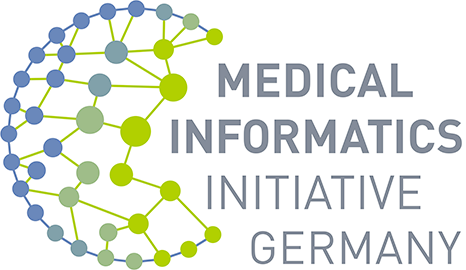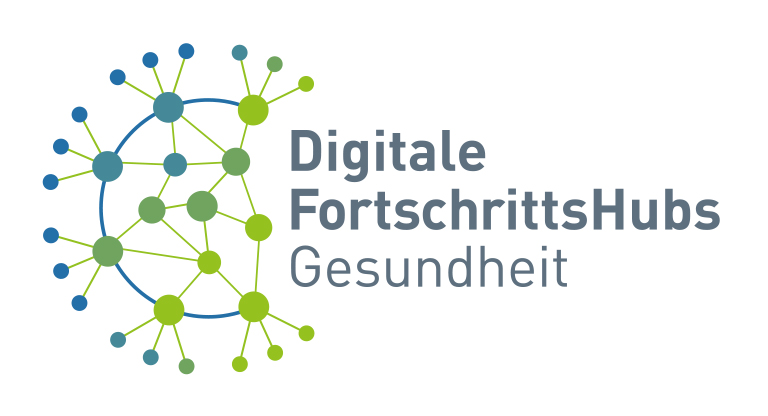Using data helps to treat diseases. Not only at university clinics, but also in general practitioners' practices, hospitals, care and rehabilitation facilities, digital innovations are to help improve health care in the future. The University Medicine has done important pioneering work throughout Germany in the Medical Informatics Initiative funded by the Federal Ministry of Research, Technology and Space (BMFTR). Since mid-2021, the "Digital Hubs: Advances in Research and Health Care”, also funded by the BMFTR, will take the next step: they will develop exemplary solutions to transfer digital innovations into regional care and optimise them in practice. In addition, regional health care data will in future also help research to improve health care concepts and therapies in a targeted way, while respecting data privacy. The BMFTR is funding the Digital Hubs with 50 million euros from 2021 to 2025.
Focus on innovations that benefit people in many ways
In 2021, Federal Minister of Research Anja Karliczek explained: "The 'Digital Hubs: Advances in Research and Health Care' will demonstrate the benefits of digitalisation in medicine in concrete use cases that will benefit many people - especially in rural regions. For example, several Digital Hubs are dedicated to the field of cancer medicine and support the goals of the National Decade against Cancer, which was launched by the BMFTR in 2019. Pandemic management also lies within the topic spectrum of the Digital Hubs. The solutions developed and tested here should help the health care system to be even better equipped against future crises." (Editor's note: Original quote in German.)
How Digital Hubs work
The starting point of a Hub is the data integration centre of a university hospital. These centres are currently being established as IT infrastructures at almost all university hospitals as part of the Medical Informatics Initiative. The data integration centres network with regional partners - including hospitals, doctors' practices, rehabilitation and care facilities as well as emergency services. Research institutions and health insurance companies are also partners of the Hubs. They all share and use their data together. Science, IT, care providers, doctors, nursing staff and patients work closely together.
Objectives and main focus of the Digital Hubs
The following portraits of the six Digital Hubs, funded by the BMFTR, outline which concrete use cases which partners are implementing where in Germany:
Video of the BMFTR
The six collaborative partners present the various digital solutions in a video, which specialise e.g. in pandemic control, cardiovascular diseases or cancer research.
To the video (in German language)




